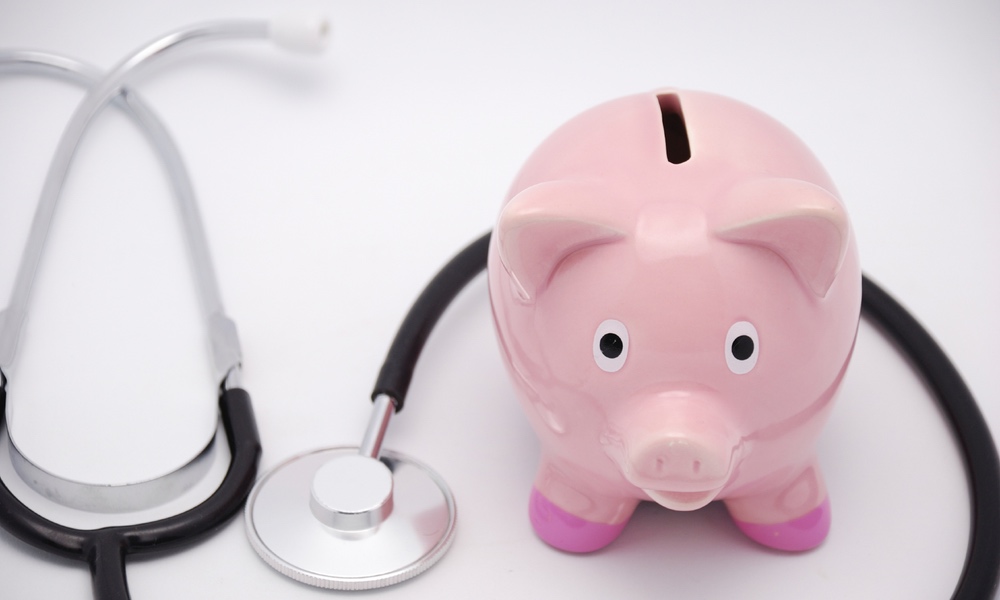Studies have found an association between light to moderate alcohol consumption (one drink per day for women and one to two drinks per day for men) and a reduced risk of cardiovascular disease, but little is known about whether alcohol reduces cardiovascular risk on its own, or if people who drink in moderation simply have a healthier lifestyle. Factors such as socioeconomic status could also play a role.
Researchers at Massachusetts General Hospital and Harvard Medical School have a possible explanation. They found that alcohol was associated with reduced stress signaling in the brain in a recent study. This appeared to account for the reduction in cardiovascular events among light to moderate drinkers.
“The findings provide insight into how alcohol may reduce stress-associated neural activity, and give us a clue as to potentially identifying other therapies that may act similarly to alcohol, without its adverse consequences,” Michael Osborne, co-lead author on the study, told TheDoctor.Participants with a history of anxiety and anxiety-related disorders had almost twice the cardioprotective effect from light-to-moderate drinking than those without a history of anxiety.
During a follow-up period of a little more than three years, more than 1,900 participants experienced a major cardiac event, such as a heart attack, stroke or heart failure. Those who reported light-to-moderate alcohol consumption had a 22 percent lower risk of cardiac events compared to those who reported no or minimal alcohol consumption. The bad news is that light-to-moderate alcohol consumption increased cancer risk by 23 percent.
Participants with a history of anxiety and anxiety-related disorders had almost twice the cardioprotective effect from light to moderate drinking than those without a history of anxiety.
In a subgroup of 754 people who had previously undergone an imaging scan of their brain, light to moderate alcohol consumption reduced stress-related neural activity in the amygdala, the region of the brain associated with stress responses, compared to no or minimal consumption.
Those who reported light to moderate alcohol consumption in this subgroup also had fewer heart attacks and strokes than those who reported no or minimal consumption. Osborne, Associate Director of Nuclear Cardiology at Massachusetts General Hospital and an Assistant Professor of Medicine at Harvard Medical School, explained that increased activity in neural structures related to the stress response, such as the amygdala, increases activity in the sympathetic nervous system.
The researchers are currently looking at other lifestyle factors, such as an eight-week stress reduction course and the effects of exercise on the brain, to learn more about how lifestyle affects cardiovascular risk. “Behavioral interventions, such as stress reduction and exercise, and drugs targeting these neural networks may provide an interesting way to get the same impact as alcohol without the consequences,” Osborne explained. Drugs other than alcohol that may become available to reduce stress-associated neural activity in the amygdala are also of interest.
The study and a related editorial were published in the Journal of the American College of Cardiology.





